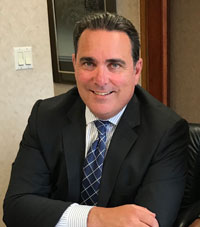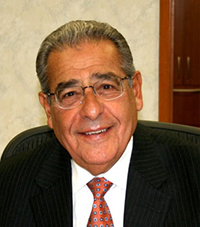We all love stories about “Good Samaritans.” In today’s world it’s inspiring to hear stories about people pulling others from car wreckage, or helping someone who’s had a heart attack in the middle of the street.
Whatever the situation, Good Samaritans are welcome in most of our opinions, but what about legally?
Unfortunately, in some of the cases what starts as a good deed turns to a nightmare when the Good Samaritan faces legal issues because of helping someone else, although there also laws in some states requiring people to help if they see someone in trouble.
So how do you navigate this situation?
Good Samaritan Laws
Legally, Good Samaritan laws are designed to encourage bystanders to help other people, and in some cases, save their lives.
All 50 states and Washington D.C. have some type of Samaritan law on record, but they may vary significantly.
In some states, the laws may only apply to first responders, and in other states they may place limitations on who’s able to provide medical assistance to someone in need. For example, if someone took actions that actually could be seen as reckless, or left the victim in a worse condition than before, there may be legal penalties involved.
Another type of common Samaritan Law applies to calling 911. In North Carolina, for example, Governor Pat McCrory recently signed one of these laws, which states a person must dial 911 if they see someone in need, or they could face legal prosecution. In Rhode Island, we have a similar law which requires bystanders to contact emergency officials in the event of a drug or alcohol overdose.
A Complex Situation
Despite being well-intentioned, Good Samaritan laws are generally very complex, and difficult to understand.
Since they do vary so significantly across states, many people find themselves confused as to what they should do if they’re in one of these situations.
Experts recommend taking the following steps is generally the best course of action, regardless of the specific version of the law existing in your state:
- Always call 911, regardless of the situation. Oftentimes people assume others have already called 911, and even if you think this is the case, do it anyway.
- If a motor vehicle accident is involved, be very cautious about pulling the person from the wreckage, unless there’s an even greater risk of imminent danger, such as leaking pools of gas. Sometimes, pulling a person from a vehicle can worsen injuries.
- Look around the scene of the accident for dangerous things that can be moved away from the victim.
- Accident victims often experience trauma, so something as simple as placing a blanket on top of them may help enough until emergency personnel can get to the scene.
What If You’re Sued?
Despite the fact that most Good Samaritan laws will protect you, you may still face a lawsuit. The best thing you can do is contact a personal injury attorney, who can assess the situation and explain your state’s laws to you, in detail.
You may very likely have legal protection from the lawsuit, but an attorney can discuss and weigh your options, and help you navigate the situation.
Essentially, while Good Samaritan laws do exist to provide protection for those good deeds, it’s still important to exercise caution and good judgment in any situation, but provide as much help as you reasonably and safely feel you’re able.












